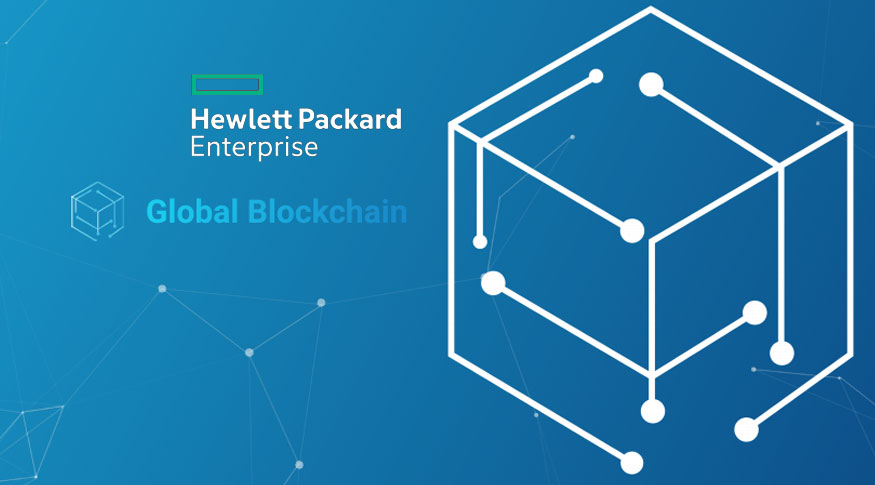Global Blockchain Technologies Corp. today announced a proof-of-concept (PoC) for a peer-to-peer (P2P) decentralized marketplace for cloud services, geared towards enterprise users.
The PoC will match users that have excess computing resources with users who require additional computing resources, enabling the latter user to purchase what they need from the former user.
This PoC leverages the “sharing economy” model championed by Uber and Airbnb, bringing similar benefits to enterprise computing and its users.
It will be built on the Laser network (Laser), a blockchain developed by the company that connects existing blockchain networks to be interoperable, similar to the role that SWIFT plays in banking.
Global Blockchain is working with Hewlett Packard Enterprise (HPE) to execute the PoC – trialing it with existing HPE users, and enabling seamless integration with tools such as OneSphere and Nimble.
“Emerging technology may soon enable users to experiment in the sharing economy. Through a collaboration with HPE, Global Blockchain Technologies Corporation is developing a Proof-of-Concept network. The goal of the POC network is to demonstrate how a user can monetize under-utilized storage assets by supplying them to the network, and how they can migrate existing data to the network with minimal disruption.”
“We are thrilled to give our members the opportunity to try this ground breaking PoC, it addresses a persisting issue of supply and demand for computing resources that virtually all of the group’s members face, and it is clear that when this PoC hits the mainstream enterprise market, everybody will want to use it.”
Three key benefits that come from using a blockchain-based solution:
- Security: Through Laser’s collateral requirement for servicenode operators, “bad actors” are disincentivized from behaving dishonestly, as the collateral can be confiscated. This continuously and sustainably preserves the network’s integrity.
- Reliability: With a distributed file system, data can be replicated, repatriated, or recovered at any time with no restrictions. Through autonomous tracking of the network, disaster recovery becomes a trivial process — creating a robust and stable network.
- Efficiency: As a decentralized approach to networks, blockchain is inherently more efficient than centralized models that often rely on “middleman” intermediaries. By enabling enterprise users to transact resources directly on a P2P basis, this PoC promotes efficiency on many levels.
“This PoC will do for enterprise cloud services what Airbnb did for accommodations. With computing resources becoming increasingly in-demand in enterprise organizations, the ability to buy and sell excess capacity will revolutionize enterprise IT.”
Combined with the trial with HPE, this PoC will be the foundation of a BLOC project called the Stratus Marketplace (Stratus). Once developed, Stratus will be an open-source, Internet-scale P2P storage network that eliminates the risks and inefficiencies of centralized storage methods, liquidates unused capacity, and brings low-cost computing resources to enterprise users. Stratus presently has a targeted release date in late Q3 of 2018.
